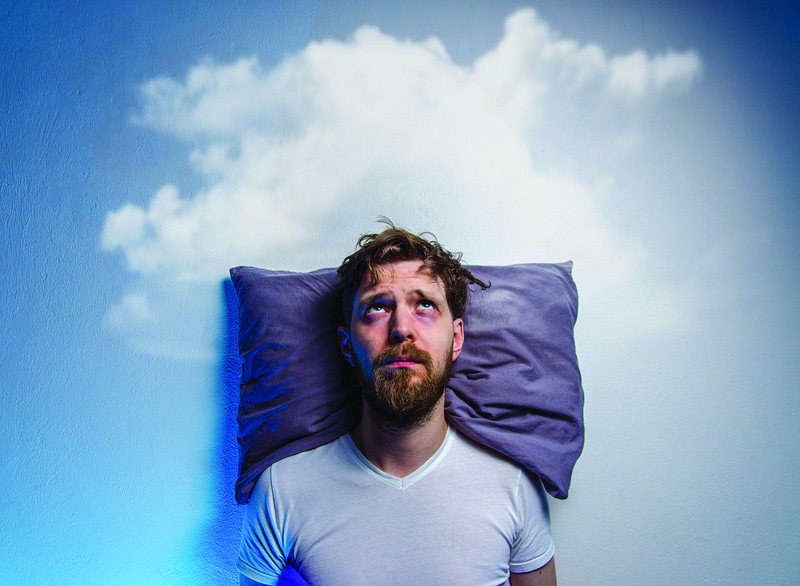How is your sleep? Do you struggle with falling or staying asleep? Are you waking up groggy? Do you commonly hit the snooze button a few times hoping the extra ten to fifteen minutes will help you wake up? It’s quite common for me to hear from clients that they’re not getting the amount of sleep they would like, or that the sleep they do get is not the best quality. Lack of sleep can take a physical and mental toll on the body and mind’s ability to function optimally.
Sleep problems are particularly prevalent in individuals who present with concerns relating to anxiety, depression, and other significant stressors. In such cases, lack of sleep can cause, or even exacerbate symptoms.
Let’s consider the stress our bodies have experienced over the past several weeks due to concerns around the pandemic. The uncertainty around the ongoing daily changes have left people feeling anxious about the future, and in various states of distress. Reduced or poor quality of sleep can result in memory impairments, an inability to think clearly, constantly feeling tired, needing caffeine to stay awake and alert, and lapses of attention and judgement on tasks such as driving. The consequences may leave people feeling irritable and angry, and lessen our ability to cope with stress.
Sleep hygiene can improve sleep, and involves incorporating a variety of routines before bedtime, and in the morning, to help the body and mind. The quality of your sleep depends on the quality of your days. This speaks to the importance of having a consistent daily routine and schedule that matches your circadian rhythms. Consider what you are doing before bedtime, and ask yourself, “is this activity going to help me relax, or will it provide unnecessary stimulation for my brain?” Stimulants such as coffee, nicotine, heavy foods, alcohol, and electronics should be avoided close to bedtime. Limiting electronic time prior to bedtime is a common struggle people may experience. Today, technology has become a necessity to remain connected with loved ones, and is a valuable resource to stay informed on changing events. Create a schedule which allows you to check-in and connect with family and friends, but one that does not impede your sleep. The desire to stay connected may in fact be keeping you disconnected from quality sleep.
Engage in activities which promote relaxation. A warm bath/shower, drinking a warm glass of milk or chamomile tea, reading a book, or journaling signal the brain toward relaxation. Additional relaxation activities such as meditation, deep breathing and grounding exercises, and progressive muscle relaxation (alternately tensing and releasing muscles) can counter anxiety and racing thoughts. Create a routine which works for you, and be as consistent as possible. Remind yourself that caring for your needs is not a chore, rather it is part of a ritual which says, ‘I deserve a good night’s sleep after a long day.’
It’s also important to create healthy associations around where you sleep. Your situation may involve working at home currently, along with members of your family. At times, the bedroom can seem like the only quiet place to escape for a conference call, but such habits can have negative impacts. Your bedroom should be a place of sleep, relaxation, comfort, and rest. It is your sanctuary and escape after a busy day. Stay safe and healthy everyone







